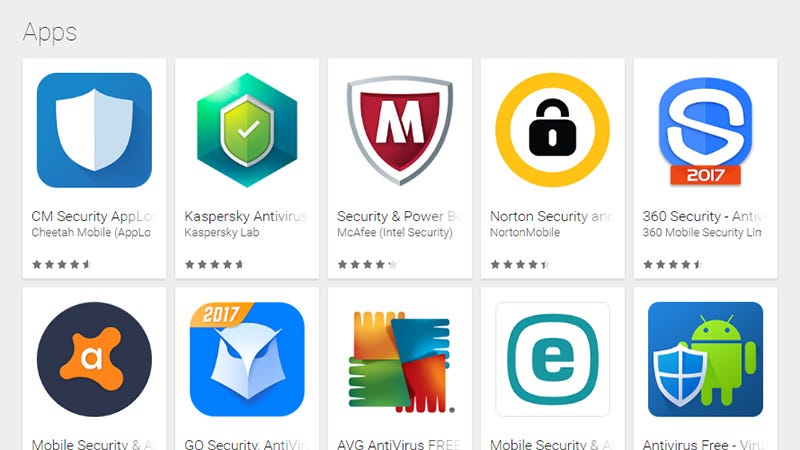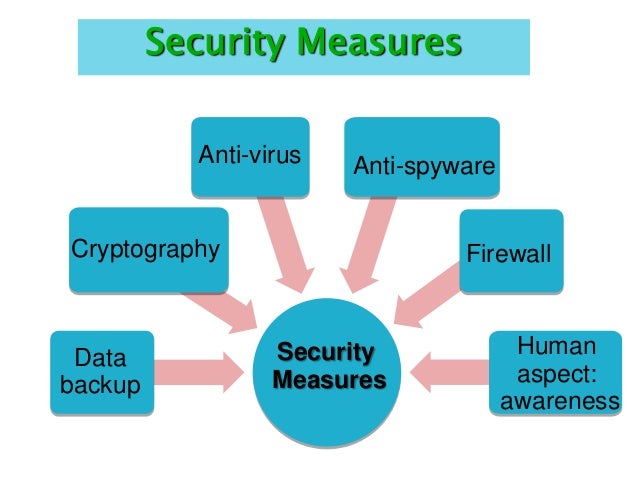Security Measures
- DATA BACKUP
A data backup is the result of copying or archiving files and folders for the purpose of being able to restore them in case of data loss.
Data loss can be caused by many things ranging from computer viruses to hardware failures to file corruption to fire, flood, or theft (etc). If you are responsible for business data, a loss may involve critical financial, customer, and company data. If the data is on a personal computer, you could lose financial data and other key files, pictures, music, etc that would be hard to replace.
As part of a data backup plan, you should consider the following:
- What data (files and folders) to backup
- What compression method to use
- How often to run your backups
- What type of backups to run*
- What kind of media on which to store the backups
- Where to store the backup data for safekeeping
2. Cryptography
Cryptography includes techniques such as microdots, merging words with images, and other ways to hide information in storage or transit. However, in today's computer-centric world, cryptography is most often associated with scrambling plaintext (ordinary text, sometimes referred to as cleartext) into ciphertext (a process called encryption), then back again (known as decryption). Individuals who practice this field are known as cryptographers.
3. Anti - virus

Antivirus or anti-virus software (often abbreviated as AV), sometimes known as anti-malware software, is computer software used to prevent, detect and remove malicious software .
Antivirus software was originally developed to detect and remove computer viruses, hence the name. However, with the proliferation of other kinds of malware , antivirus software started to provide protection from other computer threats.
4. Anti - Spyware
Anti-spyware software is a type of program designed to prevent and detect unwanted spyware program installations and to remove those programs if installed. Detection may be either rules-based or based on downloaded definition files that identify currently active spyware programs. Anti-spyware products are available from a number of vendors, including Sunbelt Software, TrendMicro and Webroot.
5 . Firewall

In computing, a firewall is software or firmware that enforces a set of rules about what data packets will be allowed to enter or leave a network. Firewalls are incorporated into a wide variety of networked devices to filter traffic and lower the risk that malicious packets traveling over the public internet can impact the security of a private network. Firewalls may also be purchased as stand-alone software applications
6 . Human Aspects : Awareness
- Do not engage in inappropriate conduct , such as cyber bullying , cyber stalking or rude and offensive behaviour .
- Do not use someone else password or other identifying information.
- Choose a strong password .
- Store your portable devices securely .
- Set up a screen-saver that will lock your computer after a pre-set amount of time and require a password to log back in.
7. Physical Access Control
- Put the access code at the door to enter the computer room or your office .
- Lock doors and windows , usually adequate to protect the equipment .
- Put the CCTV in your office or computer room .
- Make a policies who can accss the computer room or your data center .




Comments
Post a Comment